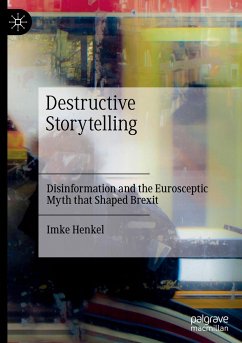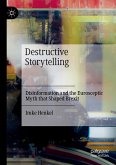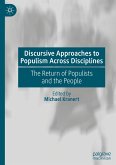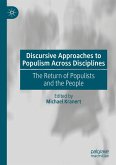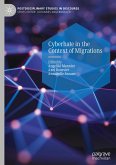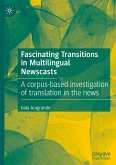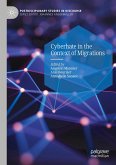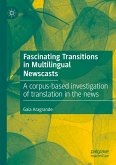This book offers a new approach to understanding disinformation and its destructive impact on the democratic function of the news media. Using the notoriously false reporting of EU policies by the British press as a starting point, it utilises Critical Discourse Analysis to examine the linguistic properties of false news stories and to understand how they function as myth in Roland Barthes' sense. The disinformation is essential for the impact these news stories had as it provides the simplification which creates the blissful clarity of myth that Barthes described. As myth, the false news stories depoliticised a political argument and naturalised the claim of antagonistic British-European relations. Henkel shows how news stories used disinformation to articulate a Eurosceptic myth of the feisty, witty Briton who stands up against the European bully. Her main argument is that the disinformation contributed to the Brexit vote because, as myth, it transported an ideology. Henkelargues that the Brexit debate and the news reporting that preceded it for decades can be understood as a case study for how political journalism becomes democratically dysfunctional. This book will be of interest to students and scholars of journalism, media and culture, political communication, and Critical Discourse Analysis.
Bitte wählen Sie Ihr Anliegen aus.
Rechnungen
Retourenschein anfordern
Bestellstatus
Storno

